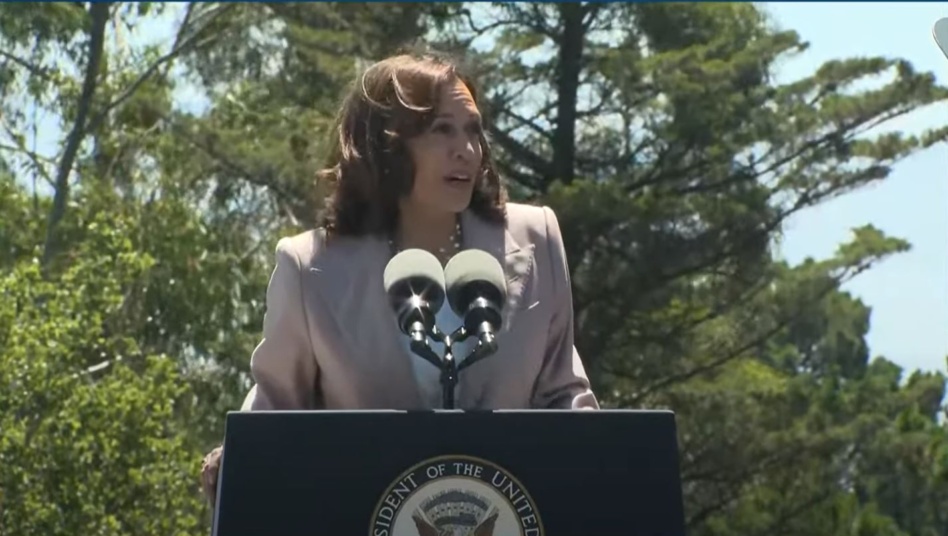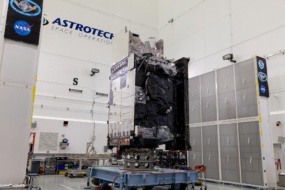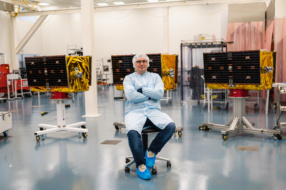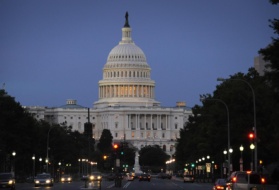The commercial space industry is moving fast, and the US government is making moves to keep up with the times. In response to this rapid growth and development of the orbital environment, VP Kamala Harris said Friday that the government aims to develop a new rules framework for space activities.
“We must write new rules to provide the clarity that all of us require, to provide certainty,” Harris said in Oakland, CA Friday afternoon. “We must write new rules to provide flexibility to incorporate the innovation that is occurring in real time.”
What rules? Harris said that the regulations in place now are left over from the last century of spaceflight, which was primarily driven by governments and by commercial satcom in GEO. The commercial space landscape is vastly different now, and calls for rules to match.
Harris didn’t dive into the specifics of what new rules might crop up. Right now, launch activities are regulated by the FAA, remote sensing by NOAA, and frequency band allocation by the FCC.
- That leaves a lot of space activity unregulated, including debris mitigation and proximity operations in orbit—each fraught and often-discussed topics.
The National Space Council will discuss new potential regulations for the space industry at its next meeting, Sep. 9.




